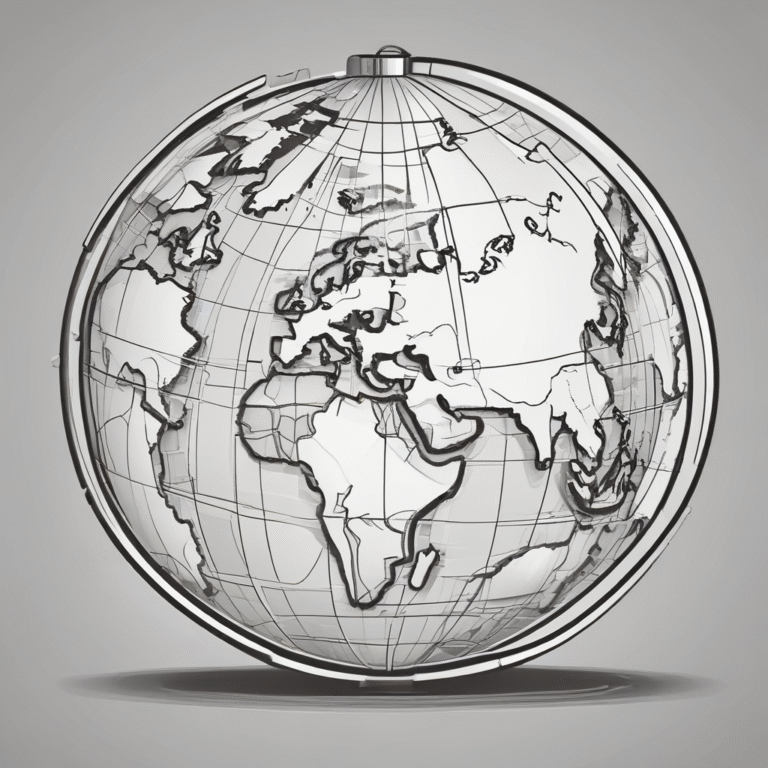U.S. Breaks with UN on Global AI Oversight
In a significant departure from global consensus, U.S. officials have rejected calls to establish a global AI governance framework during the recent United Nations General Assembly. This proposal had garnered widespread support from numerous nations, including China.
Background of the Debate
During a Security Council debate, Michael Kratsios, the director of the U.S. Office of Science and Technology Policy, declared that the United States “totally” opposes international organizations asserting centralized control and governance over artificial intelligence (AI). This meeting marked a historic moment as all 193 UN member states convened to discuss AI governance, following an August 2025 UN resolution that called for collaborative efforts to protect human rights amidst the widespread deployment of AI technologies.
UN Secretary-General’s Concerns
UN Secretary-General António Guterres expressed serious concerns regarding the implications of AI on humanity. He stated, “AI is no longer a distant horizon—it is here, transforming daily life, the information space, and the global economy at breathtaking speed.” Guterres highlighted the risks posed by AI, particularly its ability to fabricate and manipulate information, potentially leading to diplomatic crises and undermining the integrity of information.
The U.S. Stance on AI Diffusion
In his remarks, Kratsios emphasized that the U.S. believes in the responsible diffusion of AI as a pathway to a prosperous future characterized by increased productivity and scientific advancement. He argued that the solution lies not in bureaucratic management but in the freedom and duty of individuals, as well as the sovereignty of nations.
On the previous day, U.S. President Donald Trump reiterated this position, stating that the U.S. is developing its own safety measures and is “pioneering an AI verification system that everyone can trust,” particularly to enforce the Biological Weapons Convention.
Global Reactions
The U.S. stance represents a notable divergence from other global powers, especially China. In response to the UN’s proposed governance framework, China’s Vice Minister of Foreign Affairs, Ma Zhaoxu, highlighted the importance of fostering an open and inclusive environment for technological development while opposing unilateralism and protectionism.
This ongoing debate underscores the complexities of international cooperation in the realm of AI governance, as nations navigate the balance between innovation, regulation, and ethical considerations.









